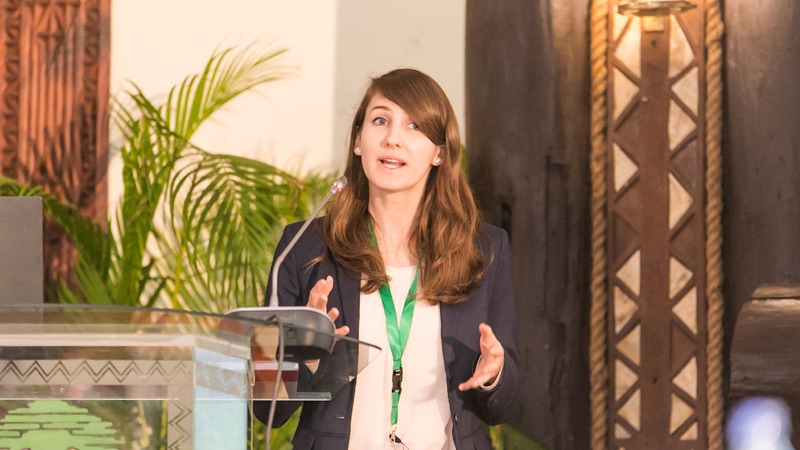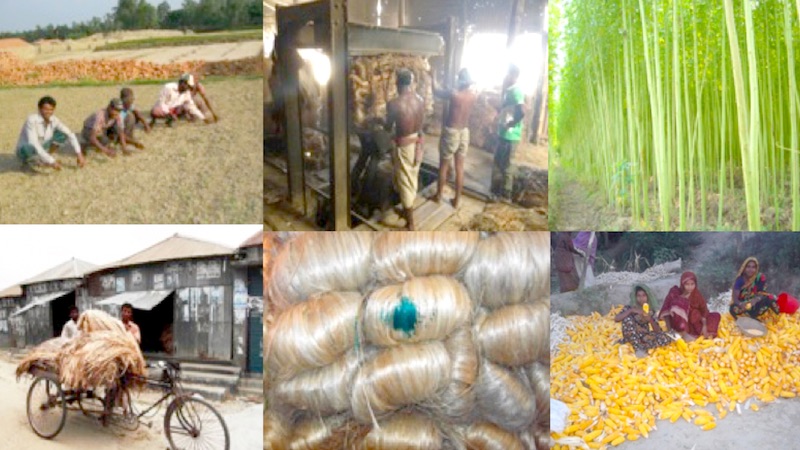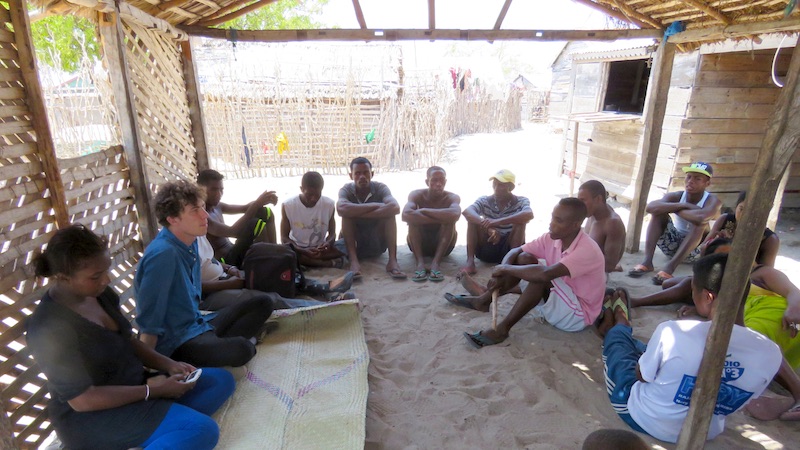Taking a fresh look at agricultural mechanisation in Sub-Saharan Africa
Strategy & Concept development: Much of sub-Saharan Africa’s farmland is cultivated with the hand hoe; agricultural processing and transport are often done manually. For mechanization to boost food security, two questions need to be addressed: What are opportunities and risks of machine technologies? And how can the adoption of technologies by farmers be financed? We reviewed literature and facilitated expert discussions to understand the relevance of mechanization for increasing agricultural outputs and the social and environmental effects on different groups of rural inhabitants.
Project Design & Evaluations: We also developed concrete approaches: We propose mechanization through sustainable machine usage models, such as machinery rings or app-based rental, and customized technologies, such as two-wheel tractors and pedal pumps. Furthermore, we suggested adapted financial services: Non-corporate farm enterprises can be reached by working with alternative collateral, such as warehouse receipts or value chain finance. Small-scale farmers and processors can benefit from savings products, money transfers and small loans to pay for machine hiring.



